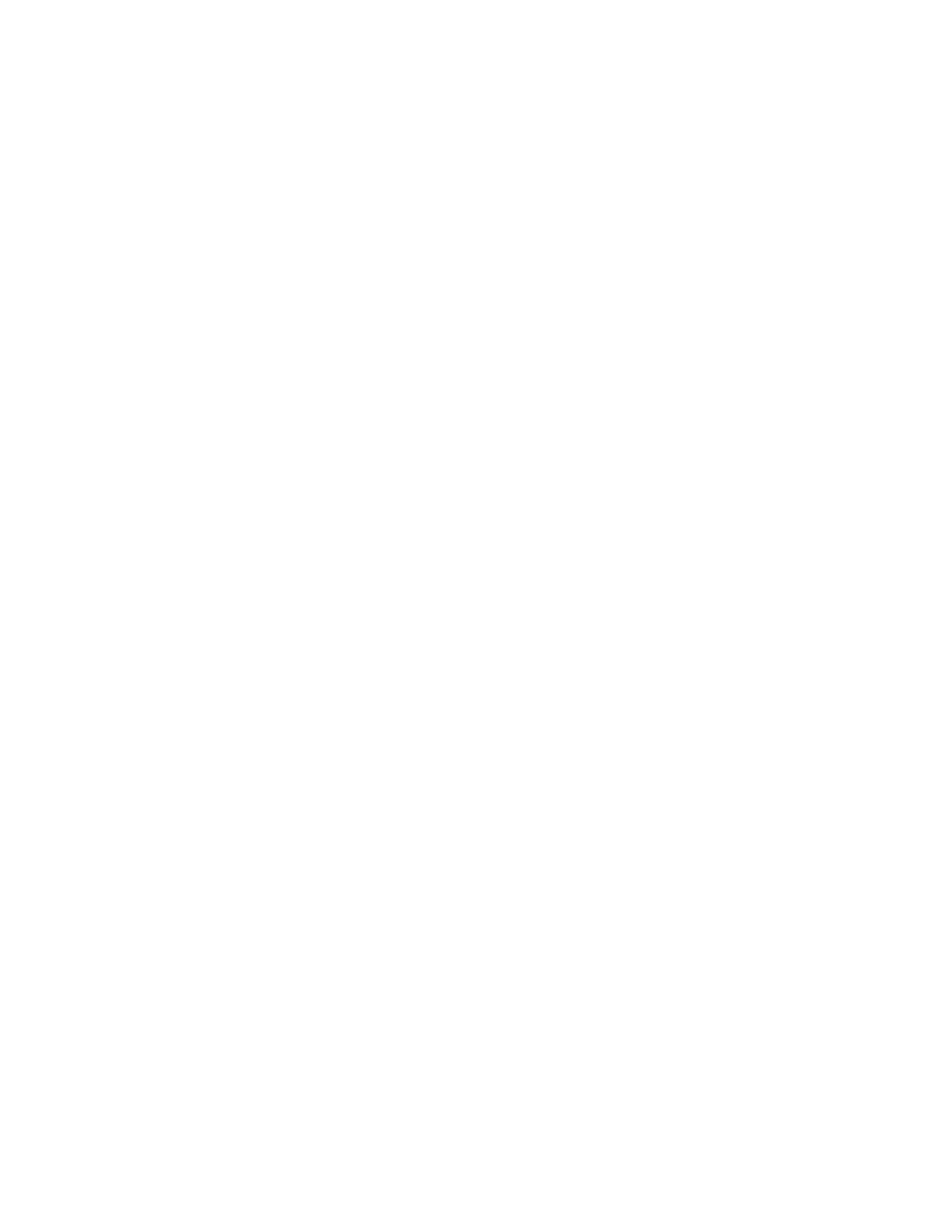

Course Requirements:
The course will consist of approximately 450 points:
Weekly 10 point quiz - 100 points
Reflection Paper - 50 points
Midterm - 100 points
Research Paper - 100 points
Final Exam - 100 points
Points may be subject to change by instructor. Possible Bonus points may be earned.
Final letter grades are assigned based on the following criteria:
A = 89.5 - 100% of the total points
B = 79.5 - <89.5% of the total points
C = 69.5 - <79.5% of the total points
D = 59.5 - <69.5% of the total points
F = <59.5% of the total points
Tentative Course outline:
1.
History of fish and wildlife law enforcement
2.
How laws are made - state and federal legislation laws and proclamation laws
3.
Tribal and sovereign lands
4.
Public rights, search and seizure, evidence collection and use in court
5.
Federal laws- guest speakers
6.
ND state laws
7.
Law enforcement tactics and procedures
General Education Goals/Objectives:
This not a general education course.
Relationship to Campus Theme:
This course is designed to assist in the conservation and protection of fish, wildlife and other
natural resources through knowledge and awareness of state and federal laws.
Classroom Policies:
The classroom is a learning environment and anything that disrupts the class from learning will
not be tolerated. Cell phones, tablets, and computers will only be allowed for taking notes, or research
of topics if allowed by instructor. Any disrespecting of classmates, instructor, or guests will not be
tolerated.
Student Email Policy:
Dakota College at Bottineau is increasingly dependent upon email as an official form of
communication. A student’s campus assigned email address will be the only one recognized by the
campus for official mailings. The liability for missing or not acting upon important information conveyed
via campus email rests with the student.
Academic integrity:
All students are expected to adhere to the highest standards of academic integrity. Dishonesty
in the classroom with assignments, quizzes and exams is a serious offense and is subject to disciplinary


















